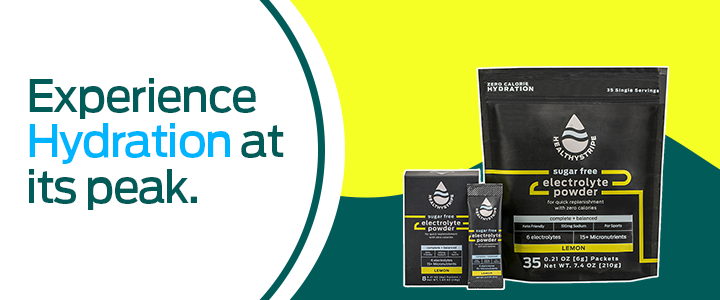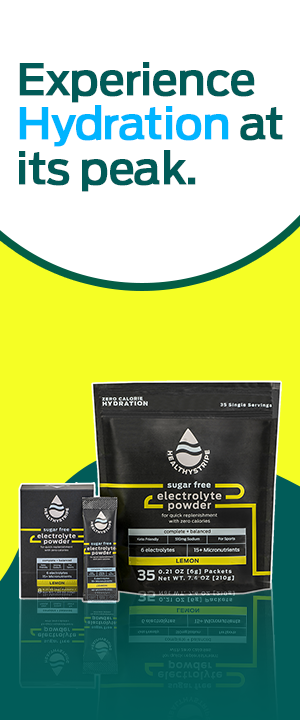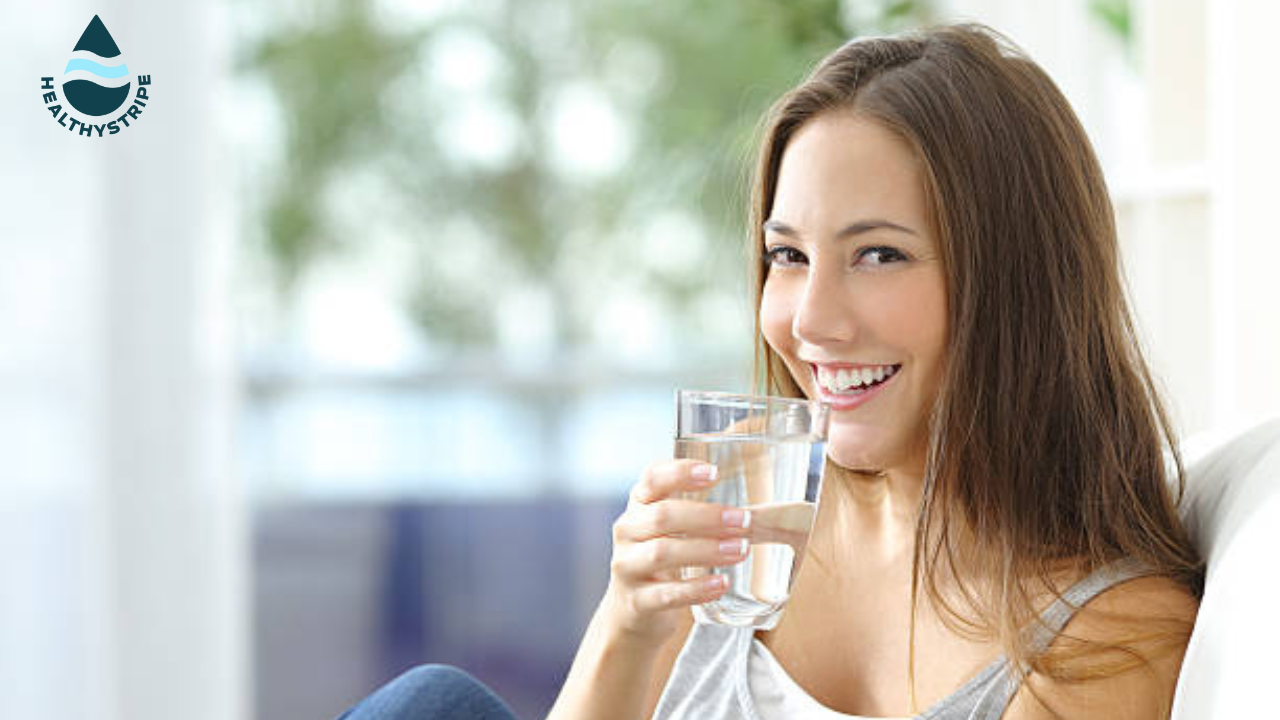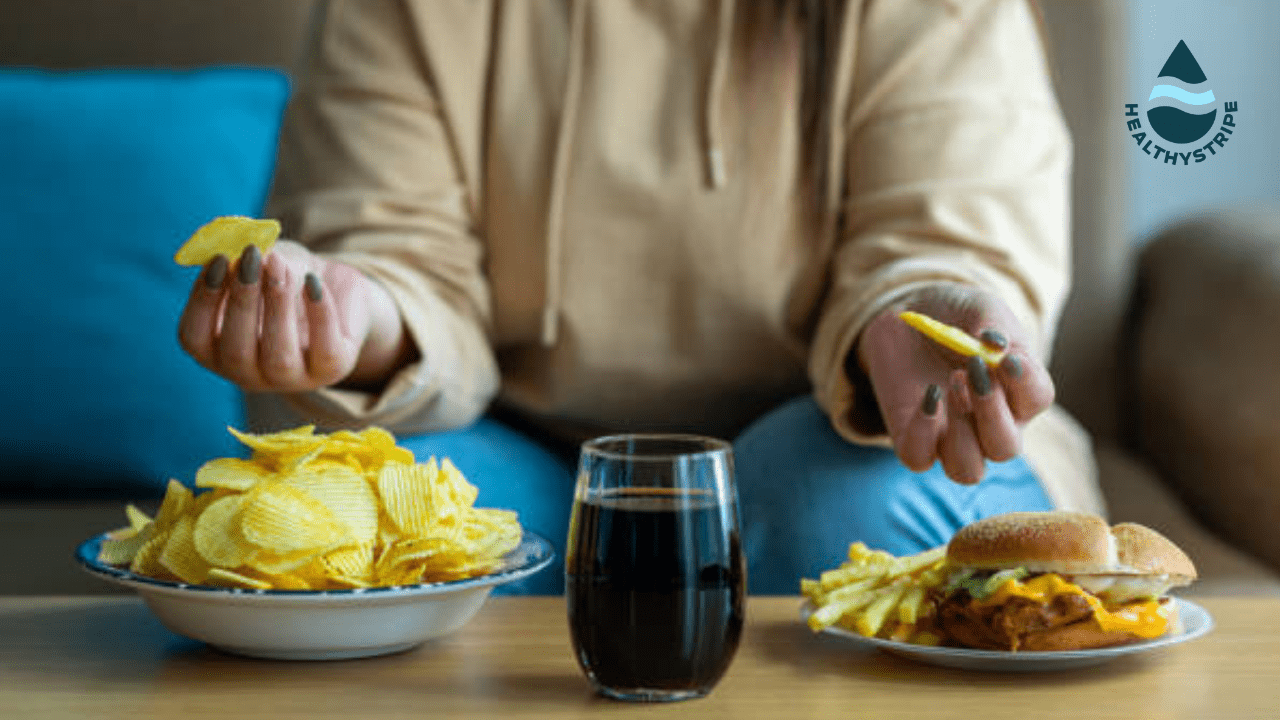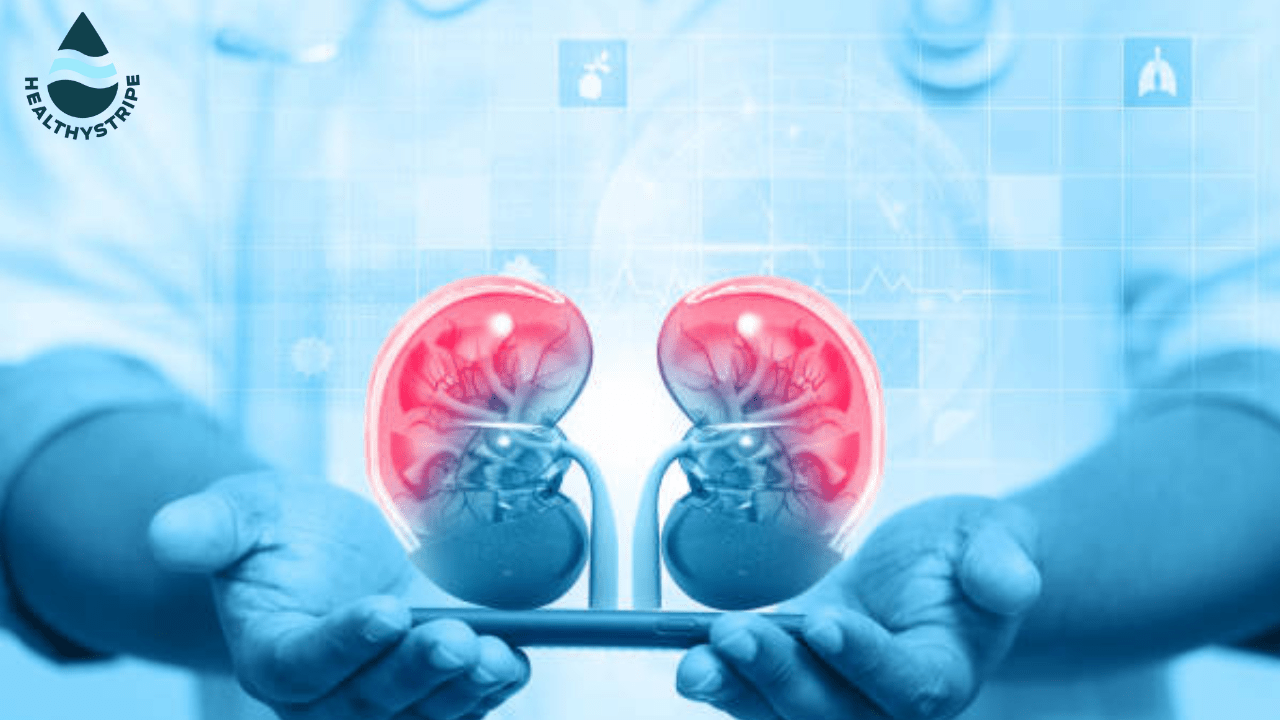Hangover Cure: The best ways to recover from a hangover
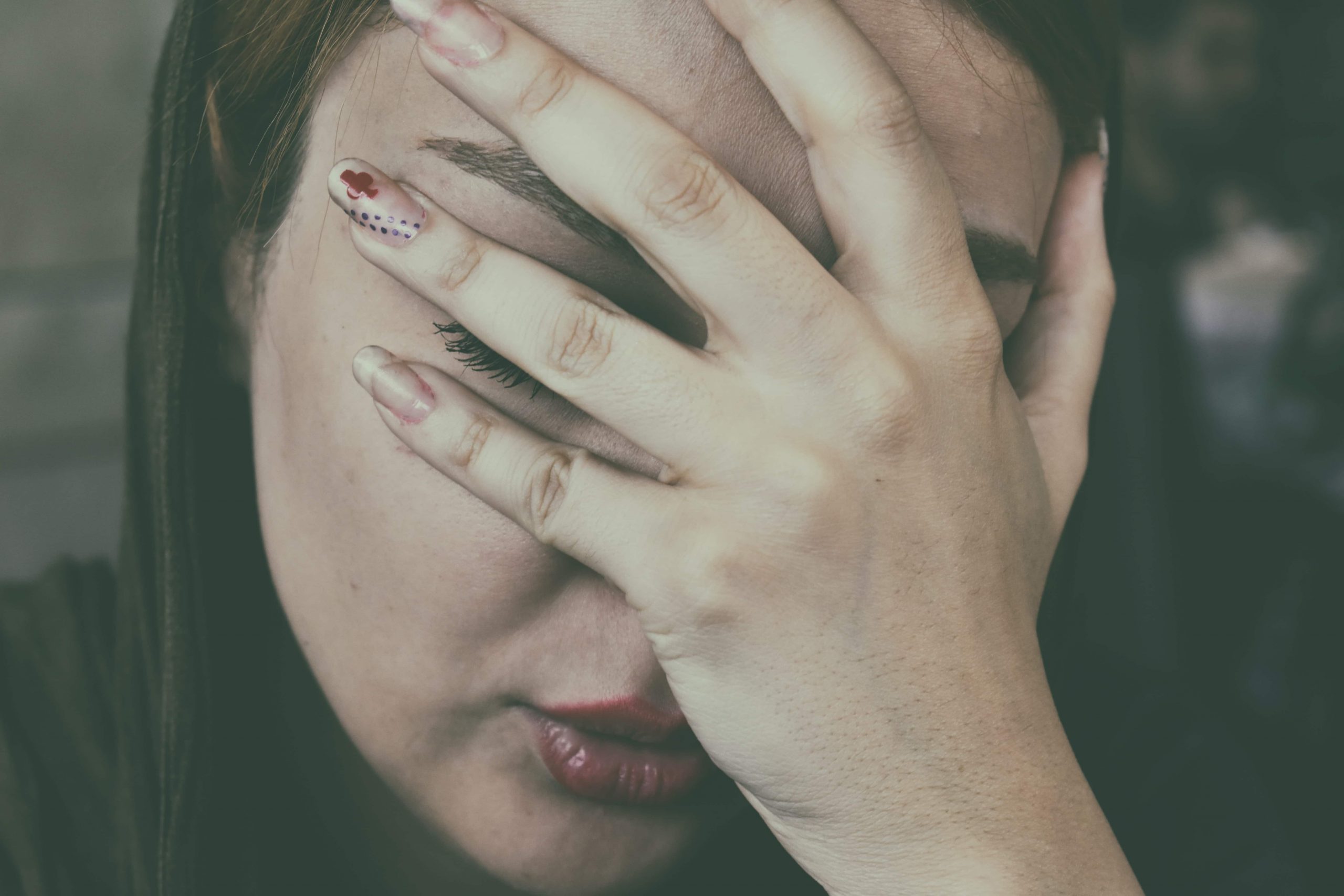
A hangover is a set of physiological and psychological symptoms after consuming too much alcohol. Alcohol is the most commonly consumed drink globally. Drinking alcohol within limits will not harm you, but as you exceed your drinking limits, it will take over your body and mind, resulting in a set of symptoms called a hangover.
The symptoms of a hangover start several hours after drinking alcohol. It is prevalent among people who drink too much alcohol. According to advanced research statistics, it was estimated that about 75 percent of the people who reported having a hangover had consumed too much alcohol last night. Researchers also concluded that 23 to 35% of people are resistant to it.
What are the causes of hangovers?
Alcohol is the most common cause of hangovers all over the world. The frequency of hangovers varies from person to person. Some people drink lesser amounts of alcohol, but it leads to a hangover. On the other hand, some people consume too much alcohol and spare a hangover entirely.
Factors involved in causing hangovers include:
- Dehydration: It is one of the major contributing factors to hangovers. Drinking too much alcohol increases your urine output resulting in dehydration. Dehydration causes dizziness, lightheadedness, and electrolyte depletion.
- Gastrointestinal problems: Alcohol irritates your gastrointestinal mucosa. It causes nausea, vomiting, abdominal pain, and flatulence.
- Glucose (Sugar) level: Alcohol interferes with your glucose level by decreasing your appetite and increasing lactic acid production, which increases blood pH. This ultimately leads to a low blood glucose level. Low blood glucose makes you lethargic and unconscious sometimes. Fits are the hallmark of low blood glucose levels.
- Inflammation: Alcohol induces inflammation in your body that may contribute to a hangover.
- Insomnia: Alcohol disturbs your sleep pattern leading to insomnia, a symptom of hangover.
- Headaches: Alcohol dilates your blood vessels which lead to dilation of blood vessels and alcohol-induced headaches.
- Alcohol withdrawal: Alcohol has depressive effects. You may feel calm and relaxed while drinking, but it makes you addicted eventually. Once you stop drinking, you become agitated and restless until you drink again.
- Congeners: These are found in dark liquors and contribute to hangovers.
What are the Signs and Symptoms of a Hangover?
Signs and symptoms of a hangover vary from person to person, but there are some common physiological and psychological symptoms.
A few of the physical signs and symptoms include:
- Muscle fatigue and aches
- Weakness
- Dizziness
- Excessive thirst due to fluid loss
- Dry mouth
- Sweating
- Decrease sexual frequency
- Alcohol-induced fatty liver disease
- Nausea and vomiting
- Gastric erosion
- Increased heart rate and blood pressure
- Electrolyte imbalance
Psychological signs and symptoms are:
- Headache
- Anxiety
- Vertigo
- Dementia ( memory loss)
- Ataxia
- Insomnia
- Loss of brain function
- Fits
- Mood disturbance
- Agitations
- Increase sensitivity to light
- Thiamine deficiency
Myths and Misconceptions about hangovers:
There are several myths and misconceptions regarding hangovers. Let’s get into the details of these myths and clarify.
A hangover is gender-blind:
Let’s clear this myth. A hangover is not gender-blind. Women are more prone to have a hangover than men. Larger fluid levels in men allow them to dilute the maximum level of alcohol. On the other hand, females have a small fluid volume, that’s why their bodies can’t dilute alcohol as men do.
Wine does not cause a hangover:
Most people think wine does not cause hangovers, but if we check the chemical composition of wine, it contains tannins. These are notorious for causing headaches and hangovers.
Drinking in the morning alleviates your hangover symptoms:
Many people drink alcohol in the morning, thinking it will alleviate the hangover symptoms. In reality, alcohol makes you feel calm and relaxed in the beginning. Its adverse effects are seen after a while. Drinking alcohol can alleviate your hangover temporarily, but it is not effective in the long run. You will add more alcohol to your body, which may worsen your hangover after a while instead of relieving hangover symptoms.
Painkiller ( paracetamol) relieves hangovers:
Paracetamol is a well-known analgesic and antipyretic medication. It helps relieve your pain and fever. People with hangovers believe that taking a tablet early in the morning will alleviate their symptoms like headaches and body aches. Paracetamol is an anti-inflammatory drug that relieves your headache. However, high doses of paracetamol to overcome hangover symptoms may cause liver damage in people with liver problems or chronic liver disease.
Eating bread before eating minimizes a hangover:
Some people believe that eating bread before or during drinking alcohol minimizes the effect of a hangover. Eating bread or something else with alcohol does not reduce the chances of a hangover. It slows the stomach emptying, which results in alcohol-induced gastric erosions.
Sleeping to get off the hangover:
It is the most common myth. People think sleep will help them get rid of their hangover. This is a wrong concept. Alcohol is excreted from your body by urination or through breathing. So, instead of sleeping, you can go for a walk to get rid of the hangover.
A fatty/greasy breakfast is the hangover medicine:
People think that having a greasy breakfast acts like medicine for a hangover. Alcohol causes a drop in your blood glucose level. Instead of taking fatty meals, take meals rich in carbohydrates to boost your blood glucose level and make you feel better.
A cup of black coffee helps overcome a hangover:
Some people drink a cup of black coffee, assuming that it will overcome the hangover. No doubt it has a pushing effect, but it can worsen your nausea and vomiting and makes you more dehydrated, leading to severe electrolyte imbalance.
Beer before liquor Is helpful For Hangover:
It’s assumed that drinking beer before liquor reduces hangover symptoms. In fact, the more you drink, the more the hangover symptoms will be. Whether you drink beer or wine, it will ultimately affect your body.
Prevention Of a Hangover:
A hangover can be prevented by adopting the following measures:
- Choose alcoholic drinks carefully (avoid dark-colored alcoholic beverages)
- Know your limits
- Avoid alcohol on an empty stomach
- Drink a sip of water during drinking
- Take it as slowly as possible
Other measures to prevent a hangover are:
Drink Plenty of Water: One of the leading causes of a hangover is dehydration. When you drink alcohol, it causes your body to produce more urine, which leads to a loss of fluids. To combat this, drink plenty of water before, during, and after drinking alcohol. This will help to keep your body hydrated and reduce the severity of your hangover.
Avoid Sugary Drinks: Sugary drinks like cocktails and sweetened spirits can exacerbate the symptoms of a hangover. A sudden spike and crash in sugar levels can lead to fatigue and headaches. Opt for drinks with a low sugar level, such as vodka soda or a glass of wine.
Pace Yourself: Drinking too much alcohol at once can lead to a severe hangover. To avoid hangovers, pace yourself when drinking. Stick to one drink per hour and drink less alcohol and more water. This will help to keep your body hydrated and reduce the severity of your hangover.
Take Supplements: Certain supplements like B vitamins and electrolytes (sodium, potassium, and calcium) reduce the severity of hangover symptoms. Consuming too much alcohol can lead to vitamin B deficiency. Vitamin B supplements and foods rich in Vitamin B can help to boost energy levels and reduce fatigue. Electrolytes can help to rehydrate your body. Consider taking a multivitamin or electrolyte supplement to avoid hangovers.
Remedies to treat a hangover:
There are multiple scientifically proven remedies to treat hangovers. A few of them are discussed here:
- Consuming water juices and other non-alcohol-based drinks treat your hangover by maintaining electrolyte level. It helps to get rid of dehydration.
- Eating carbohydrate-rich foods helps boost your blood glucose level and prevent fits and nausea.
- Antacids/proton pump inhibitors are used to treat the acidity of the stomach and help relieve gastric symptoms.
- NSAIDs are nonsteroidal anti-inflammatory drugs that are used to treat pain.
- Healthy exercise helps overcome hangovers, increases your respiratory rate, and remove alcohol from your body.
- A good sleep after a healthy exercise makes you feel relaxed and hangover free.
- Take vitamins (thiamine and vitamin C).
Conclusion:
A hangover is the most common symptom after heavy drinking (alcohol). You should drink within limits to avoid a hangover. In conclusion, hangovers can be a real buzzkill, but they’re not inevitable. By following above mentioned tips, you can reduce the severity of hangover symptoms and wake up feeling refreshed after a night of drinking. Never forget to drink plenty of water, eat before drinking, avoid sugary drinks, pace yourself, get enough sleep, and take supplements to prevent hangovers.
Is exercising while hangover a good idea?
Can drinking water before bed prevent a hangover?
Yes, drinking water can prevent your hangover. Dehydration is a risk factor for hangovers. Drinking adequate water will help you prevent hangovers by replenishing your electrolyte level.
What is the difference between a Hangover and alcohol poisoning?
A hangover is somewhat less harmful than alcohol poisoning. A hangover is a reversible state which can be cured by taking preventive measures, healthy foods and drinks. On the other hand, alcohol poisoning is a more fatal and serious condition that can damage your brain cells and liver.
Why do some people get hangovers while others do not?
Some people get hungover even after drinking a small quantity of alcohol, but some can spare it. It can be due to genetic predisposition. Some people are more vulnerable to hangovers than others. It can also depend on the choice of drinks too. The severity of hangovers also varies among chronic alcohol abusers and non-abusers (or those who try it for the first time).
What are the best drinks to cure a hangover fast?
A couple of drinks are used to set off the symptoms of a hangover. These drinks are:
- Water
- Fresh Juices ( carrot, ginger, and apple)
- Soups
- Sports drinks




